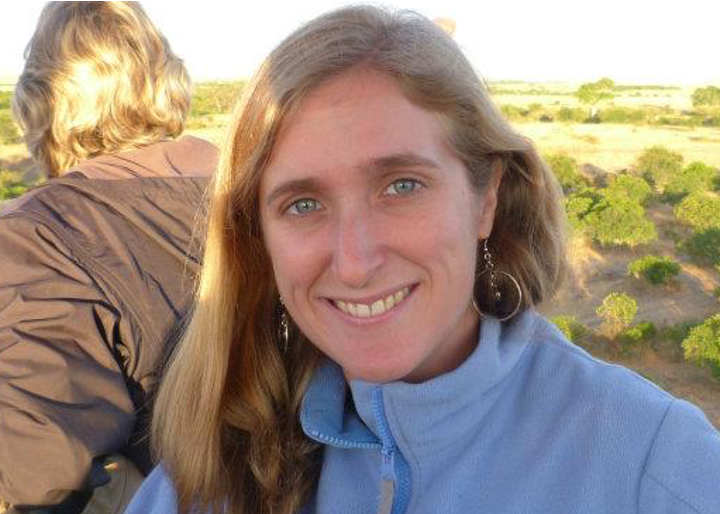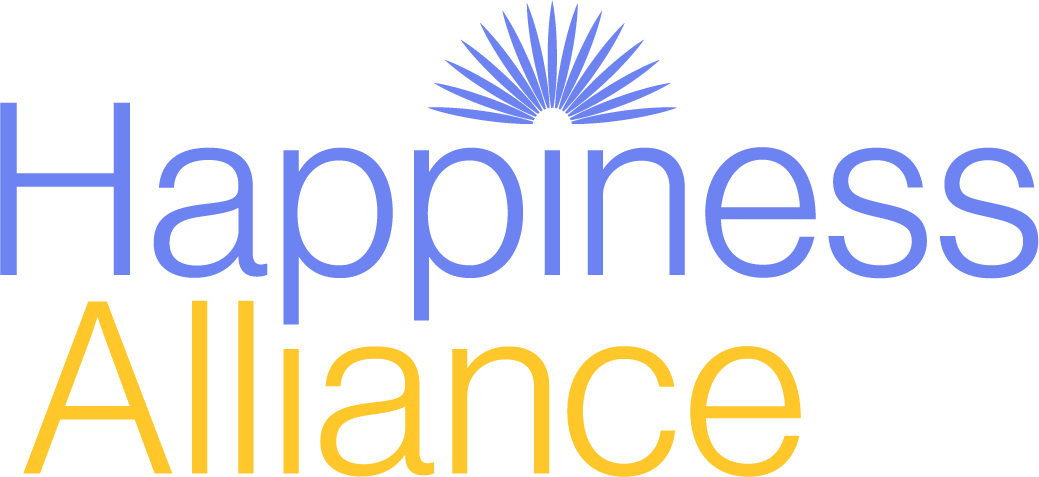Crystal MogensenOriginally from the UK, Crystal undertook research in the Maasai Mara from 2007-2014 and began working for The Maa Trust in January 2015. She has lived in a Maasai village in the Mara full time for the last 9 years. For her undergraduate studies she assessed the environmental impacts of tourism inside the Maasai Mara National Reserve and then for her Masters she examined the definition of ecotourism and the extent to which conservancies conform. For her Ph.D. she went on to investigate how development is defined within the Mara, and the extent to which conservancies contribute to community development. This Ph.D. forms the research basis for all sustainable community development interventions undertaken by The Maa Trust. This research-based development approach ensures that initiatives undertaken and supported by The Maa Trust are locally appropriate and fully sustainable. Under her guidance, The Maa Trust has expanded from a team of 3 to 26 staff and annual turnover has increased from $157,000 in 2014 to to $730,000 in 2019. Crystal met her husband Niels, who works for the Mara Predator Conservation Programme, in the Maasai Mara in 2011.
|
In the absence of cases to date in the Maasai Mara, the greatest impact of Covid-19 has been economic. For the Maasai Mara, one way this is being seen through young girls undergoing female genital mutilation and being married off while schools are closed as income generation for families. Tourism and conservation are dominant employers in the area, surpassed only by livestock keeping. The devastation of the wildlife tourism industry is having a profound impact upon local families. The reduction in cash income caused by the resultant mass unemployment combined with the closure of livestock markets has led to a cash flow crisis for families who do not have any disposable income to buy food and basic necessities. To combat this, livelihood diversification to alternative sustainable livelihoods is essential to cushion families from economic shocks and ensure community wellbeing in the face of Covid-19 and future pandemics. This can be achieved through vocational training, including entrepreneurship training and support. Capacity building on human rights, especially child rights, is also essential to ensure that the most vulnerable members of society do not pay the price during times of economic hardship.

